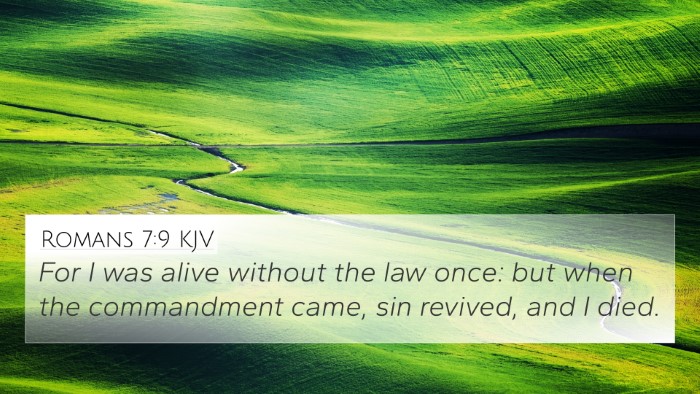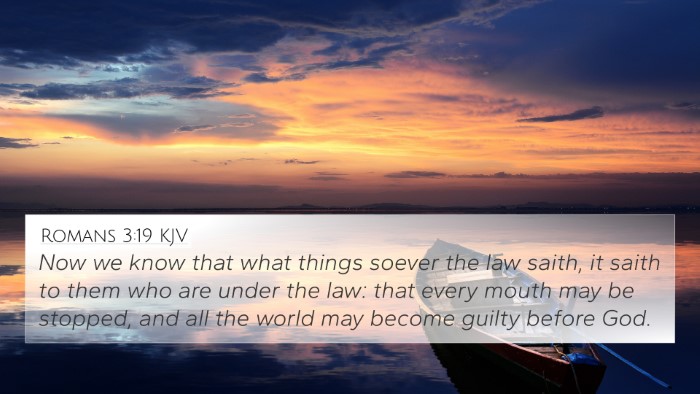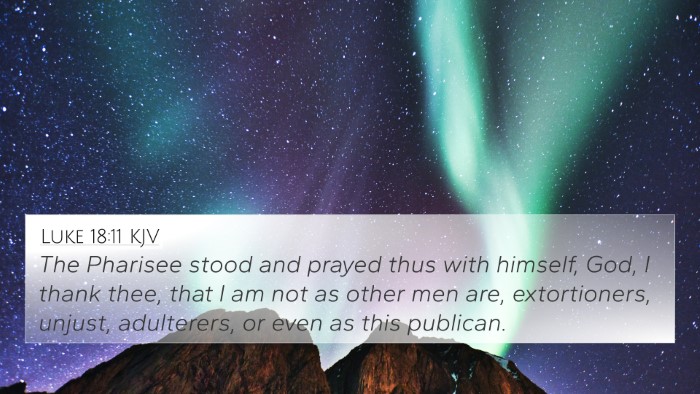Understanding Matthew 19:20
Matthew 19:20 states:
"The young man said to Him, 'All these things I have kept from my youth up. What do I still lack?'"
Summary of Matthew 19:20 Meaning
This verse presents a pivotal moment in the encounter between Jesus and a young man who approaches Him with a question of eternal significance. The young man's assertion that he has kept the commandments from his youth reflects a sincere but misguided understanding of righteousness. He seeks validation and perhaps deeper insight into his spiritual condition.
The Young Man's Approach
As noted in various commentaries, including Matthew Henry, this young man represents those who are earnest in their religious observance yet may lack a full comprehension of God's demands. His confidence in his own righteousness is a common human sentiment that often leads to spiritual blindness.
Jesus' Response
Although the young man believes he has fulfilled the law, Christ’s later reply points to a deeper commitment required for true discipleship. This reflects an essential theme: outward compliance to the law is inadequate without a corresponding heart transformation.
Cross-References to Matthew 19:20
Here are some essential Bible cross-references that illuminate themes present in Matthew 19:20:
- Luke 18:18-23 - A parallel account that reveals the same young man's encounter with Jesus.
- Mark 10:17-22 - Another synoptic rendition detailing the young man's approach and Jesus’ response, emphasizing the call to sell all and follow Him.
- Romans 3:20 - Affirms that knowledge of the law brings an awareness of sin, connecting to the young man's misunderstanding of righteousness.
- Galatians 2:16 - Highlights justification through faith rather than works of the law, contrasting the young man's reliance on his adherence to commandments.
- Matthew 5:48 - Jesus calls His followers to be perfect as the Father is perfect, indicating the high standards of righteousness required.
- Philippians 3:6-9 - Paul discusses his past righteousness and the imperfection of works in attaining salvation, similar to the young man's sentiment.
- James 2:10 - Explains that failure in one part of the law makes one guilty of all, applicable to the young man’s confidence in his law-keeping.
Thematic Connections between Verses
Connecting Matthew 19:20 with these verses highlights the theme of true righteousness versus self-righteousness. Understanding this connection can deepen the reader's grasp of Biblical teachings on salvation and discipleship.
Lessons from Matthew 19:20
- Self-Reflection: Believers should examine their heart and motivations when approaching God.
- True Discipleship: Following Christ requires more than mere rule-following; it demands a profound commitment to His call.
- Humility: Recognizing our spiritual shortcomings is the first step toward true understanding and growth in faith.
Comparative Bible Verse Analysis
Adopting a comparative Bible verse analysis approach allows the reader to see the rich tapestry of themes weaving together throughout scripture. When engaging with Matthew 19:20, one can connect it with other teachings about wealth, righteousness, and eternal life. This inter-Biblical dialogue illuminates the broader implications of Jesus’ teachings.
Using Cross-References in Study
Engagement with cross-referencing Bible study methods provides deeper understanding. Employ tools for Bible cross-referencing such as concordances or cross-reference guides to locate relevant verses that expand upon the truths found in Matthew 19:20.
Conclusion
Through this analysis and connection of Matthew 19:20 with corresponding scriptures, one can appreciate the depth of Biblical teaching regarding the nature of true righteousness and Christ’s call to a life fully surrendered to Him.
Final Thoughts
Matthew 19:20 serves as a reminder that owning our spiritual condition and responding to Christ's call is essential for growth in faith. As we draw connections between verses, we enrich our understanding and application of scripture in our lives.












